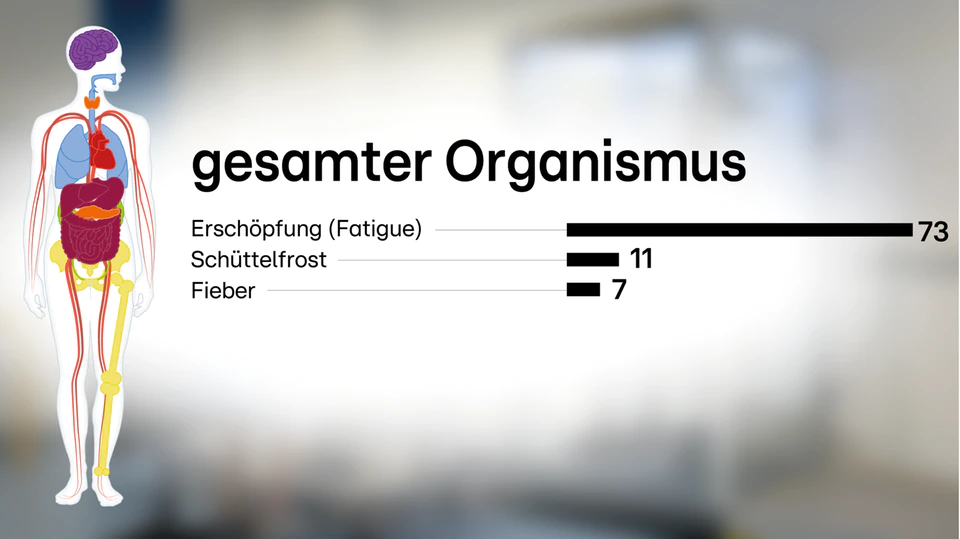numbers corrected
Why the Bremen “vaccination miracle” is suddenly no more
A marketplace in Bremen. Many of the vaccinations in the state were later added to Lower Saxony.
© Sina Schuldt / DPA
Bremen was considered Germany’s vaccination master last year. But now the RKI is correcting the numbers downwards. There is a fairly simple explanation for this.
Last year, the state of Bremen set a supposed record – now it is being contested. As the smallest federal state and the smallest of the city states, the Hanseatic city had the highest state vaccination rate in Germany: namely vaccinations based on the population, simple fractional calculation.
Germany, however, is a country of bad data. The corona crisis has only shown it drastically again. There are many reasons for this: the universal excuse of data protection is often used. The incredible confusion of federal, state and local authorities does the rest, plus a huge number of health insurance companies and private insurance companies, for each state at least one association of statutory health insurance physicians and a medical association. Some of the health authorities are still equipped with fax machines and are understaffed. It doesn’t matter which of these is actually the most to blame: In any case, we know late and sometimes not really at all.
The Bremen peak in vaccinations, about which many media, including the star, had reported has now been corrected downwards by around ten percent by a study by the Robert Koch Institute (RKI). This is the clearest correction of all federal states. And so Bremen is no longer the leader, but in the rough average of the other federal states.
That’s why Bremen’s record is suddenly no longer one. Because Bremen undoubtedly vaccinated a lot and organized its campaign well, but there were many people from Lower Saxony among those vaccinated there. The leaders in vaccinating cross-border commuters are the states of Berlin with seven percent, Hamburg with 13 percent and Bremen with 17 percent.
This is actually completely logical, because large cities within populous non-city states usually have very high numbers of commuters. And it’s more practical for them to go to a large vaccination center during their lunch break than to get a doctor’s appointment at home after work. This phenomenon has actually been known for a long time because it occurs in all sectors of the healthcare system: Specialists in the metropolises also benefit from the surrounding areas, as do hospitals. Because there is no health card that is only valid in Bremen, it works everywhere in Germany.
RKI: Late data correct Bremen’s vaccination success
In the meantime, however, the RKI has brought together various vaccination data sources. Only now, because the traditionally sluggish flow of billing data from the Associations of Statutory Health Insurance Physicians arrive with months of delays, which in itself is not a problem, since its actual purpose is accounting in the healthcare system. But only they are complete in terms of zip code of residence and place of vaccination.
The rest, as they say, is history: because the American occupying forces needed their own North Sea port with an adjoining administrative zone after the Second World War (and out of a proud tradition), Bremen, including Bremerhaven, is an independent federal state. And since last year’s record statistics were always related to federal states, the Lower Saxony vaccinated in Bremen appeared in the upper part of the break in the calculation. If Bremen weren’t a federal state in its own right but, like Düsseldorf, was part of a non-city state, nobody would be bothered by the fact that vaccinated people from Ratingen or Neuss were counted in the state capital of North Rhine-Westphalia. The overall statistics refer to the whole of NRW.
Bremen isn’t the problem, it’s the data
The decisive factor in the new publication of the RKI is therefore not that Bremen has vaccinated many Lower Saxony and therefore may not be able to hold the championship title in the discipline “vaccinate its own citizens”. There is no doubt that it makes sense to vaccinate people who travel on Bremen buses and trains and work in Bremen offices because they can infect others there – even if they live in Osterholz-Scharmbeck.
The real problem is that our statistics are bad, sluggish and difficult to understand. It is precisely this crucial obstacle that the Institute also points out when, in the conclusion of its publication, it calls for significantly better data collection for possible future pandemics.
Source:Robert Koch Institute, Epidemiological Bulletin 27/2022


